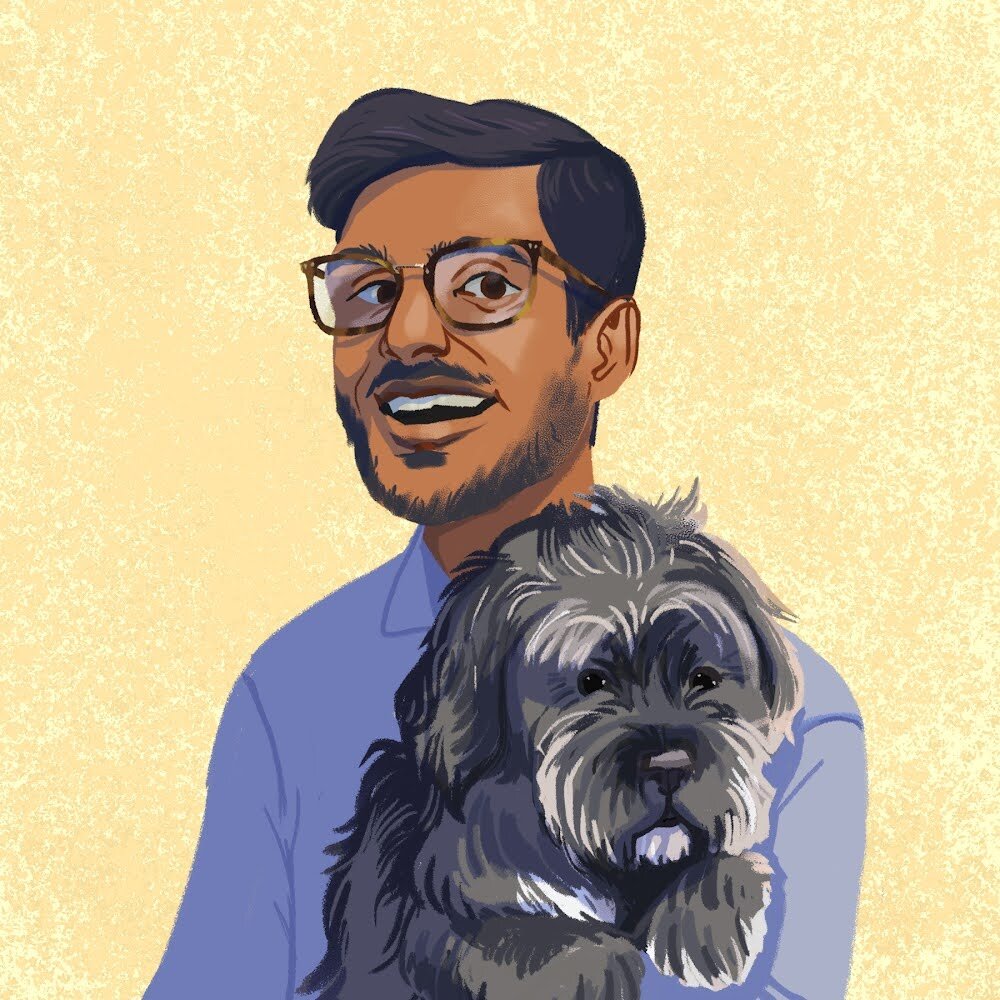A Response to “Online Status Anxiety”
A couple of weeks ago Jonah Lehrer published an entry on his blog, “The Frontal Cortex” his take on social networking on Web 2.0. I have finally gotten around to writing an entry on the matter, since a couple of things struck me in Lehrer’s discussion.
1. “Social software tend to quantify our social life” – this is not exactly an emerging feature of social networks, as Lehrer proposes. Having a list of “friends” or contacts and displaying some way in which the members of these lists are related to each other is a required feature to qualify a tool as a social software or social network.
Some of the earliest definitions of social network sites (SNS) include 3 mean features. (1) Constructing a public or semi-public profile in a bounded system (2) articulating a list of others with whom you share a connection and (3) ability to view and traverse a list of these connections and those made by others in the system. So the fact that as we are maturing through the timeline of SNSs a few services are becoming more popular than others is not a factor of or has not resulted in the quantification of connections online. SNSs by definition require this quantification in some form or another. [I know this is a cheap shot at Lehrer’s piece, but I thought it needed clarification].
2. “My worry is that our online social platforms both magnify our hierarchies (by measuring our friends, followers, links, etc.) and erase social distance, [read: Ambient Intimacy] so that we suddenly find ourselves in the same monkey cage with a far larger number of monkeys”
bold and hyperlink added
Staying true to his great ability to articulate complex issues and bring in great thinkers, Lehrer ties in one of my favorite Primatologists Robert Sapolsky (this speech by him comes highly recommended) and one of my favorite philosophers (and LOST namesake) David Hume to argue that because if collapsed space we are more aware of social hierarchies and what’s more is that SNSs enhance social hierarchies by quantifying our social networks.
Although I can’t say I’ve never envied someone for an impressive and extensive social network prowess, I don’t necessarily think this is the only outcome of increased use of SNSs. In fact, I think this is one, albeit dystopian, result of SNSs. They can create anxiety among people, they can lead to a heightened awareness of our own social position and they can possibly create a new set of problems for us as social beings.
But I’m more inclined to believe that these problems are not unique to online SNSs or digitally mediated social interaction. As such, these are human concerns and obstacles that we have faced before and will continue to face as long as our nature stays on a similar socially-oriented path as it has. I recognize the point that Lehrer is making, which is that bringing in a new way to socialize (namely, online) brings a new set of problems for us to deal with. But I am more interested to see the many new ways to exercise our social nature, to create new concepts like ambient intimacy and to further communication, which in my opinion is a fundamental human characteristic and desire. We have been faced with challenges through changing societies, environments, communities and technologies but we have succeeded (with a few exceptions) in finding use in these challenges and sometimes even altering the course of our progress through them.
